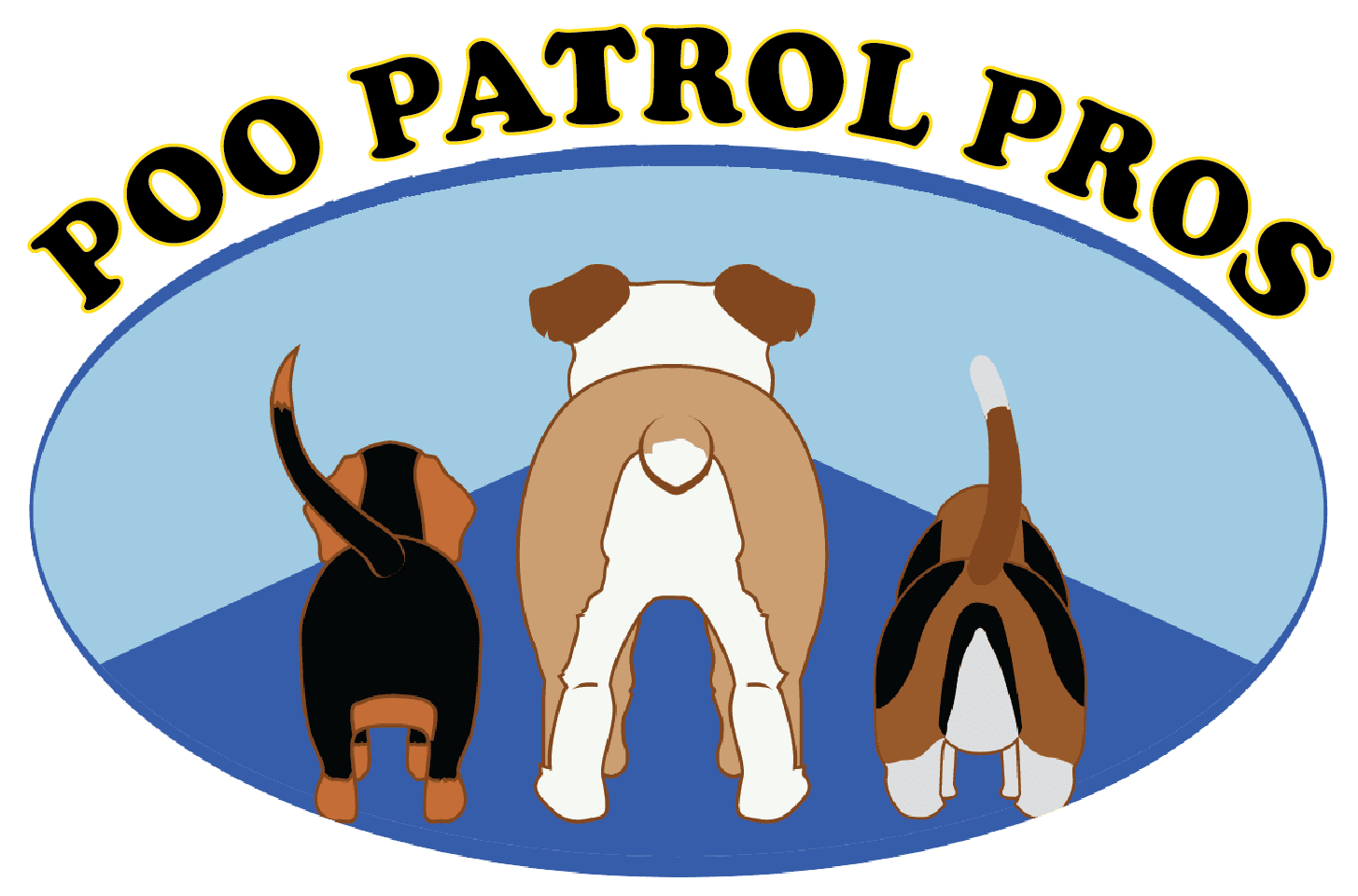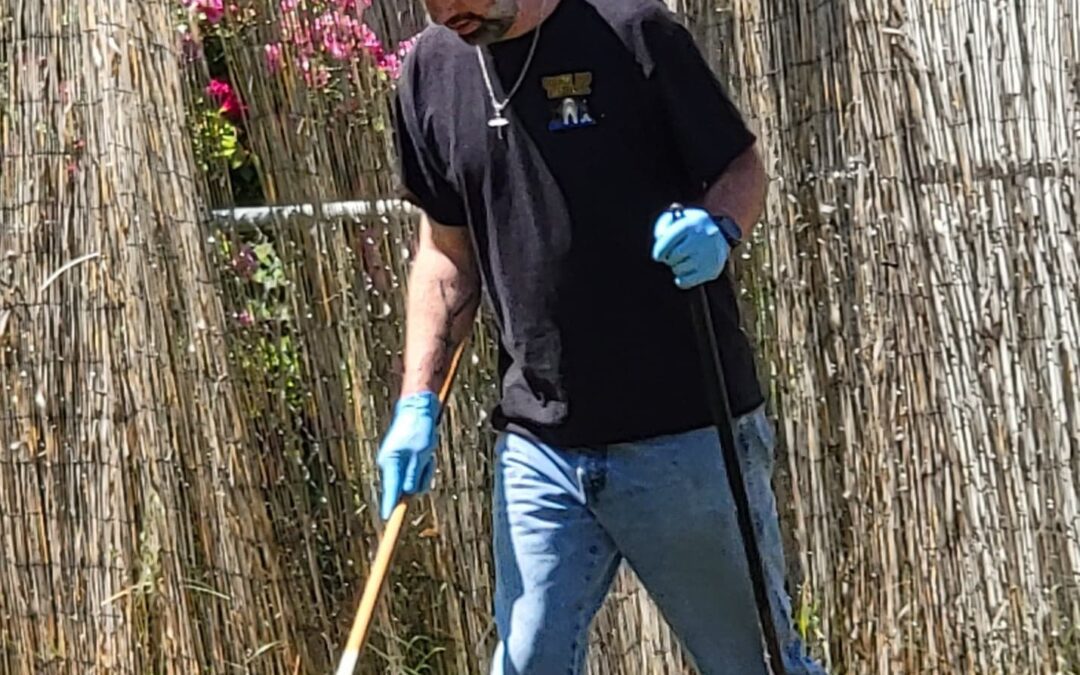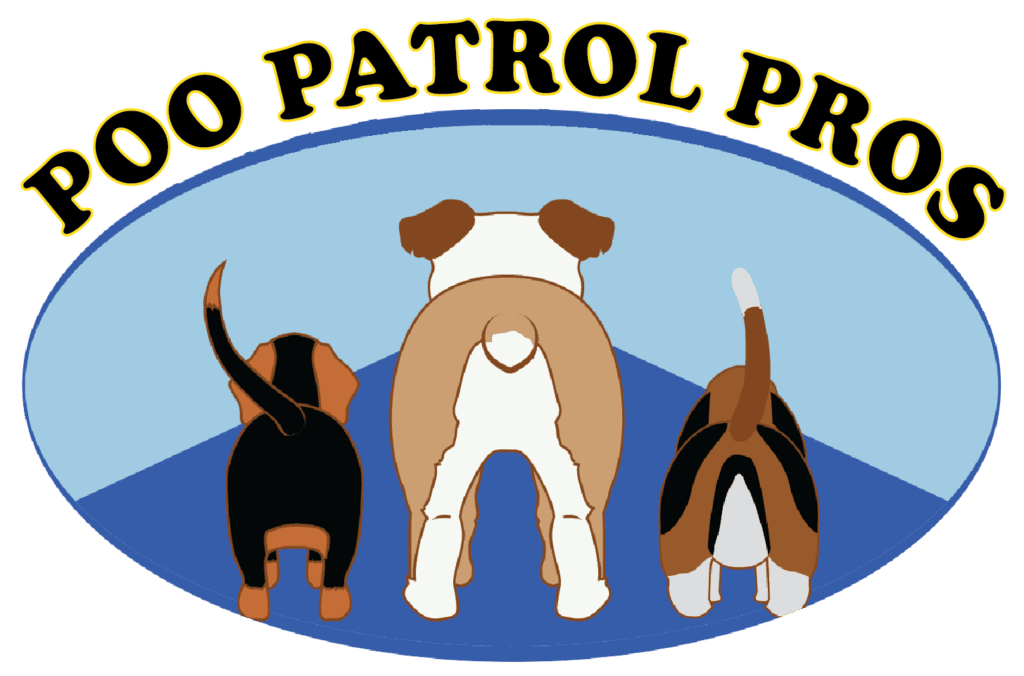Responsible pet owners handle the love, care, and mess that comes with the outstanding creatures that dogs are. The term “handling” is both figurative and literal. Handling your dog’s waste is inevitable. It’s not glamourous, but it’s critical for the environment, you, and your dog’s health. The processes of pick up, baggage, and disposal of dog poop is necessary as courtesy to the environment, your neighbor, and the person who just ruined their shoe stepping in it.. This guide emphasizes the importance and impact of waste disposal, as well as how to complete the process of dog waste disposal.
The Importance of Dog Poop Pickup
There are numerous impactful outcomes of irresponsible waste disposal.
Health Risks
Dog poop brings with it harmful bacteria and parasites. Example: E. coli, Giardia, Salmonella, and roundworms. These pathogens linger in the soil for years, posing a risk to other animals and humans who come into contact with them. If one were to touch the infected waste, they could contract these pathogens. Children, animals, and others who are more playful and may not be as aware could bring these pathogens and bacteria with them unknowingly. Watch for lingering dog poop, and make sure your hands themselves do not contact the waste.
Environmental Impact
Dog poop left on the ground does not co-mingle with the health of bodies of water. If rainwater carries the waste through drains and into lakes, rivers, etc., then the water will contaminate. This leads to impactful problems, all varying upon the ecosystem itself. Rainwater can carry these waste materials into storm drains, leading to water contamination. The pollution of rivers, lakes, and marine ecosystems negatively affects both wildlife and humans who rely on the affected water sources.
Social Responsibility
Please be courteous. Now that you’ve read about the ensuing disaster of what happens to unattended dog poop, I encourage you to pick up after your furry friend each time they go. The impact stretches wider than one might think. Picking up waste not only improves the conditions of the community but prevents resentment from individuals not picking up and disposing of it properly. Speaking of disposal,
Best Practices for Dog Poop Pickup
Now that we’ve established the importance of handling your dog’s waste, let’s dive into the best practices for dog poop pickup.
Tools You’ll Need
Gloves. Touching the waste directly yields it’s own problems as detailed above.
Scoop. Use on flat surfaces that clean with little smear or difficulty. There are pooper-scooper tools. Unused or decommissioned garden scoopers can do the trick as well.
Shovel. Use in thick grass or difficult to clean surfaces. Long handed garden shovels with small blades or a small flat-head shovel is recommended for ease.
Waste Bag. Commonly available at pet stores and online. Biodegradable or compostable bags are a greener option compared to traditional plastic bags, given that they degrade over time to prevent additional pollution / littering.
The Pickup Process
When your dog does its business, use the scoop or shovel to pick up the poop, trying to leave as little residue as possible. It’s essential to be meticulous during this process to ensure that no waste remnants are left behind. Once you have collected the waste, carefully place it in the poop bag, tie it securely, and dispose of it properly, which we’ll cover in the next section.
Disposing of Dog Poop: What Not To Do
Before we discuss the best and proper ways to dispose of dog waste, we first must stress there are some less-than-right answers to dog waste disposal.
Flushing Dog Poop
Similar to leaving the dog poop where it is in the grass, the same can be said for flushing it. The pathogens present within the waste cannot be filtered out, so the harmful effects still manage to reach the land, water, etc. Flushing is just as bad.
Composting Dog Poop
This method seems eco-friendly, yet dog poop is not suitable for composting at home. Residential compost piles don’t heat hot enough consistently to kill the pathogens found in dog poop. Furthermore, composted dog waste is never to be used on crops grown due to the potential presence of parasites and bacteria.
Burying Dog Poop
Burying dog poop is only an out-of-sight, out-of-mind quick fix. The bacteria and parasites that can survive in the soil will continue to impose their effects while living in the soil. Additionally, dog poop can not only take a while to decompose, it will leave the surrounding or affected areas of your lawn brown and patchy.
Recommended Dog Poop Disposal Methods
After ruling out the above methods, let’s explore the best ways to dispose of dog poop properly.
Trash Disposal
Simple place it in your regular trash, double bag it. Ensure the bag is tied off tight. Landfills are designed to keep waste contained, preventing contamination of the environment.
Specialized Dog Waste Disposal Systems
For those who prefer a more sophisticated solution, specialized pet waste disposal systems are available. These systems function like mini septic tanks, specifically designed for dog waste. They are buried in your backyard, and you add water and specially designed enzymes regularly to break down the waste. However, these systems should be used with caution as they can sometimes malfunction.
Wrapping Up: The Role of Courtesy and Responsibility
Everyone must do their part to keep the environment in good shape. Individuals, both human and animal, can suffer from the harmful effects of improper dog waste disposal. Through attentive cleanup and disposal, everyone can keep the spread of these bacteria and pathogens at bay. Remember to wear gloves, bring the necessary cleanup supplies, and have a happy scooping. We’ll all be right there with you as responsible pet owners.


